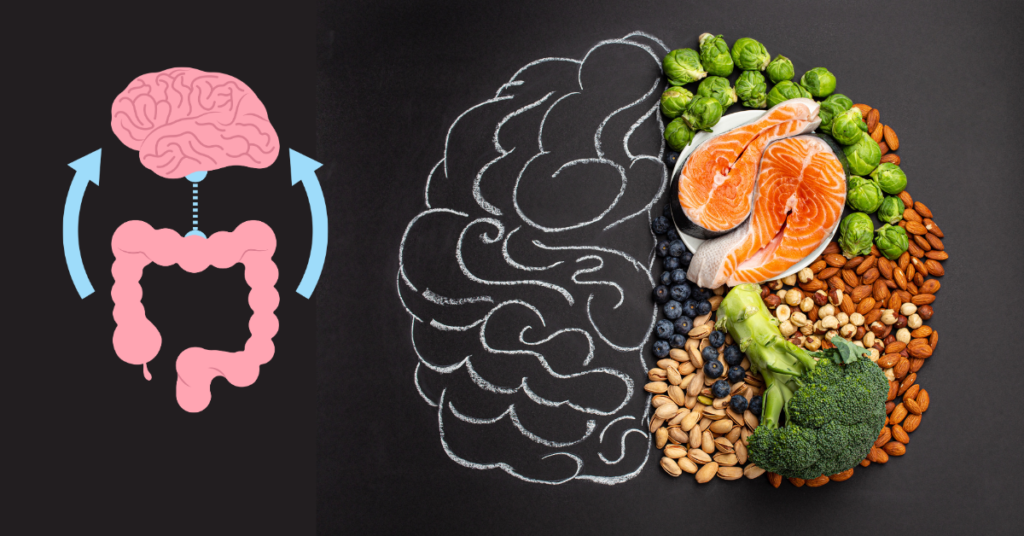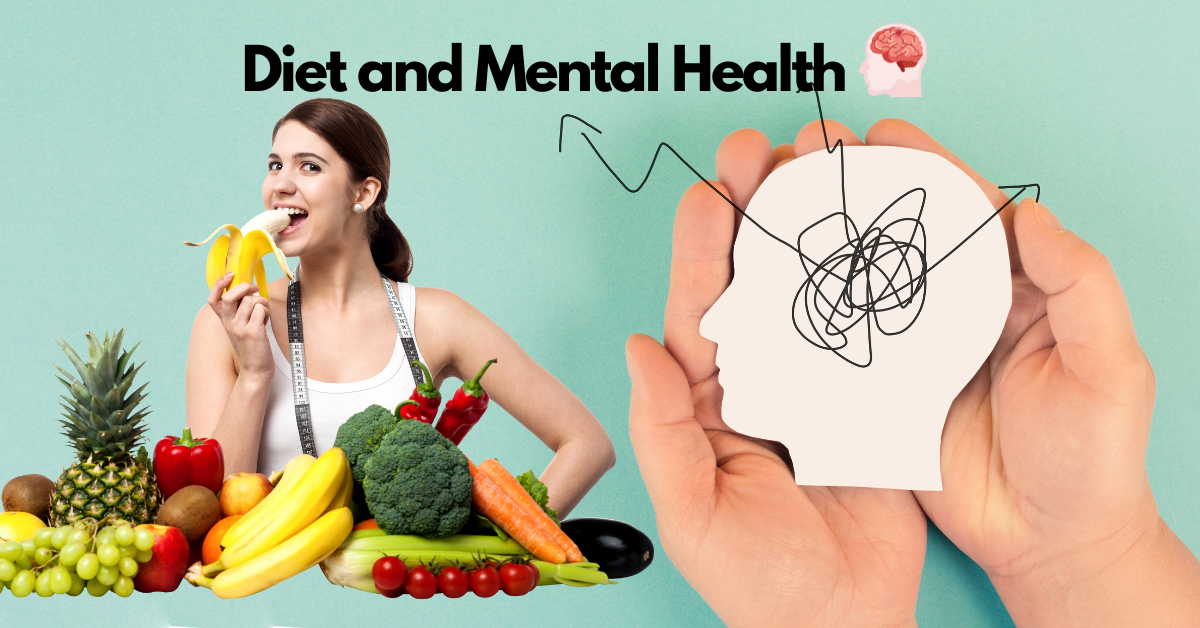Awareness of the impact of diet on mental health is steadily growing as research continues to uncover the intricate connection between what we eat and how we feel. Studies have shown that certain nutrients and foods can have a significant effect on our mood, cognitive function, and overall mental well-being. In this blog post, we will explore into the latest findings regarding the link between diet and mental health, providing you with valuable information on how you can optimize your diet to support your mental wellness.
Understanding Nutritional Psychiatry
The Brain-Gut Connection
Nutritional psychiatry is a field that explores the relationship between diet and mental health. One of the key aspects of this connection is the brain-gut axis, which involves the bidirectional communication between the gut microbiome and the brain. Research has shown that the health of our gut can impact our mood, cognition, and behavior.
Key Nutrients for Mental Health
For optimal mental health, it is necessary to consume key nutrients that support brain function. These include omega-3 fatty acids, which are important for neurotransmitter function and reducing inflammation in the brain. Additionally, B vitamins, magnesium, and zinc play crucial roles in mood regulation and cognitive function.
Plus, antioxidants like vitamin C and E help protect the brain from oxidative stress, while amino acids such as tryptophan and tyrosine are precursors to neurotransmitters like serotonin and dopamine, which are necessary for mood regulation and overall mental well-being.
Dietary Patterns and Mental Health Outcomes
Mediterranean Diet and Mood Disorders
One of the most studied dietary patterns in relation to mental health is the Mediterranean diet, known for its emphasis on fruits, vegetables, nuts, olive oil, and fish. Research suggests that adhering to a Mediterranean diet may be linked to a reduced risk of depression and anxiety disorders.
The Impact of Processed Foods on Mental Well-being
On the other hand, processed foods high in sugar, refined grains, and unhealthy fats have been associated with an increased risk of mental health issues. Consuming a diet rich in processed foods can contribute to inflammation in the body, which has been linked to conditions such as depression and anxiety.
Understanding the connection between dietary patterns and mental health outcomes is crucial in promoting overall well-being. By focusing on whole, nutrient-dense foods like those found in the Mediterranean diet and avoiding processed foods, individuals can potentially support their mental health and emotional balance.

Strategies for Improving Mental Health Through Diet
Developing a Balanced Meal Plan
Many individuals underestimate the power of a balanced meal plan in improving mental health. Through incorporating a variety of nutrients such as complex carbohydrates, lean proteins, healthy fats, and a rainbow of fruits and vegetables, you can nourish your brain and support emotional well-being.
Mindful Eating and Its Psychological Benefits
With the rise of fast-paced lifestyles and distractions, mindful eating has emerged as a powerful tool for enhancing mental health through diet. Mindful eating involves being fully present and engaged in the eating experience, paying attention to flavors, textures, and sensations. This practice can lead to a greater appreciation for food, improved digestion, and a more positive relationship with eating.
Mindful eating has been linked to reduced symptoms of anxiety and depression, as well as improved body image and self-esteem. By practicing mindful eating, individuals can develop a deeper connection to their food and cultivate a sense of gratitude for the nourishment it provides.
Overcoming Challenges
Addressing Emotional Eating
Your journey to improving mental health through diet may encounter the obstacle of emotional eating. This is when individuals turn to food for comfort, stress relief, or as a way to cope with difficult emotions. To overcome emotional eating, it is necessary to identify triggers, practice mindfulness, and develop healthier coping mechanisms. Seeking support from a therapist or counselor can also be beneficial in addressing the root causes of emotional eating and developing strategies to overcome it.
Finding Support and Professional Guidance
For those facing challenges in implementing dietary changes for mental health, finding support and professional guidance can be pivotal. Seeking the help of a registered dietitian specializing in mental health can provide personalized guidance and meal plans tailored to your specific needs and goals. Additionally, working with a mental health professional, such as a therapist or psychologist, can offer valuable support in addressing underlying issues contributing to poor mental health and unhealthy eating patterns.
Eating a diet that supports mental health requires dedication and perseverance, especially when faced with challenges such as emotional eating or lack of knowledge about dietary requirements. By seeking professional guidance and support, you empower yourself with the tools and resources needed to overcome obstacles and foster a healthier relationship with food and your mental well-being.
References
- Jacka, F.N., O’Neil, A., Opie, R. et al. A randomised controlled trial of dietary improvement for adults with major depression (the ‘SMILES’ trial). BMC Med 15, 23 (2017).
- Sarris, J., Logan, A.C., Akbaraly, T.N. et al. Nutritional medicine as mainstream in psychiatry. Lancet Psychiatry 2, 271–274 (2015).
- Lai, J.S., Hiles, S., Bisquera, A. et al. A systematic review and meta-analysis of dietary patterns and depression in community-dwelling adults. Am J Clin Nutr 99, 181–197 (2014).



